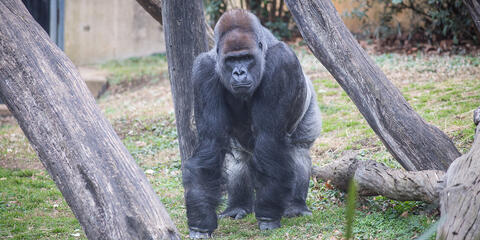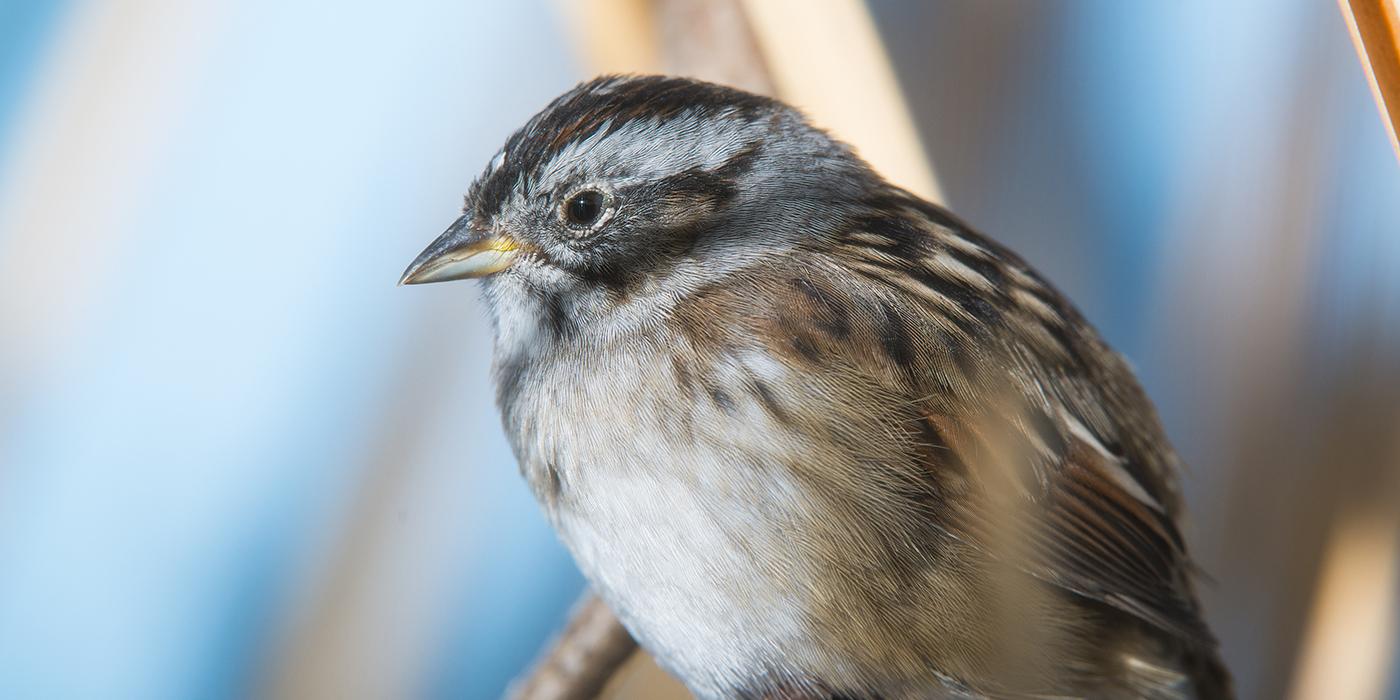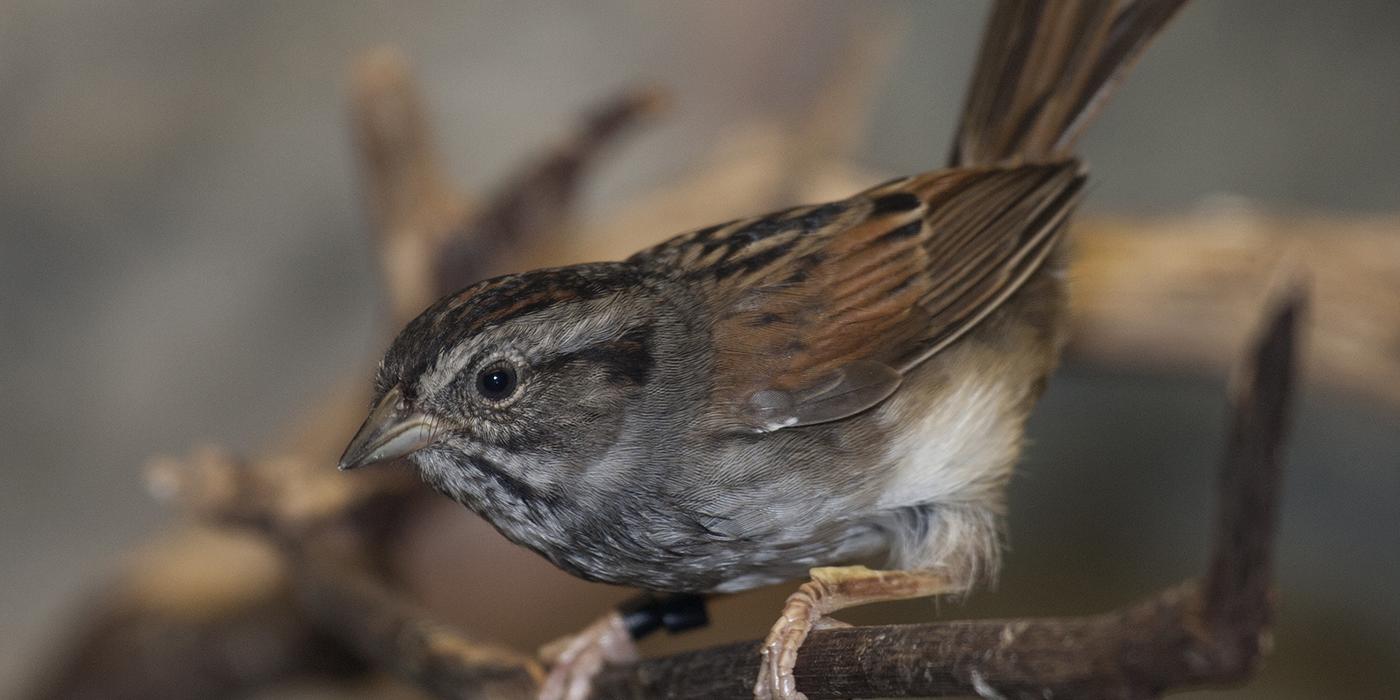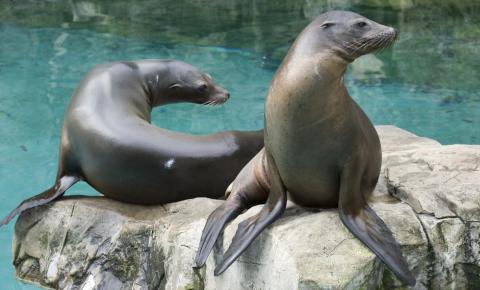Physical Description
Southern swamp sparrows are one of three subspecies of swamp sparrow. They can be distinguished from the coastal plain swamp sparrow by their smaller bill and brown eye stripe, whereas the coastal plains sparrow has black markings and a larger bill.
Native Habitat
Swamp sparrows occur throughout North America, but southern swamp sparrows can be found from northern Michigan and Wisconsin and parts of southern Quebec and Nova Scotia, south to the Gulf Coast, into central and southern Mexico and southern Florida.
Food/Eating Habits
Southern swamp sparrows are primarily insectivorous, but will supplement their diet with seeds, weeds and grasses depending upon location and time of year.
Reproduction and Development
These sparrows often conceal their nests made of fine grasses between cattails or among other vegetation. They lay three to six greenish-white eggs with spotty brown marks. Swamp sparrows lay two clutches of eggs each year. Females incubate the eggs, which hatch after 12 to 15 days.
Conservation Efforts
Swamp sparrows have an extremely large range, as well as an increasing population.
Help this Species
- Be a responsible cat owner, and keep cats indoors or under restraint when outside. Never release animals that have been kept as pets into the wild.
- Share the story of this animal with others. Simply raising awareness about this species can contribute to its overall protection.
- Are you a student? Did you love what you learned about this animal? Make it the topic of your next school project, or start a conservation club at your school. You'll learn even more and share the importance of saving species with classmates and teachers, too.
Animal News
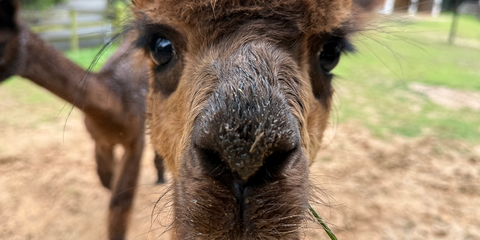
Zoo Welcomes Alpacas ‘Rainstorm’ and ‘Coffee Cup’
